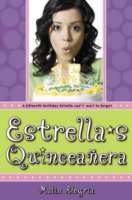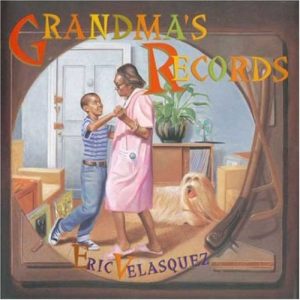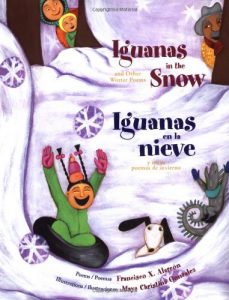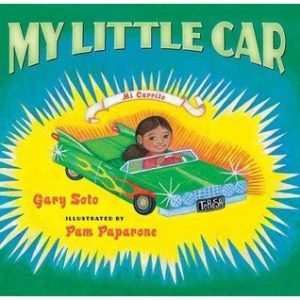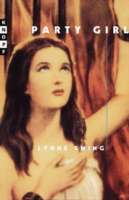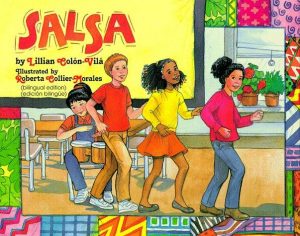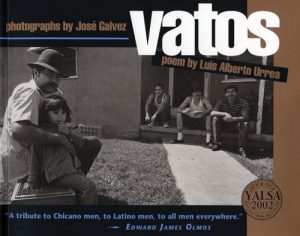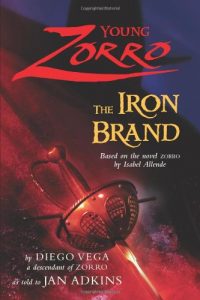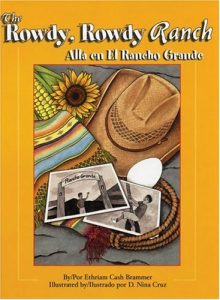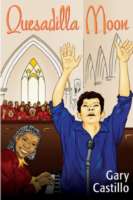
As a young migrant worker, David is shocked and thrilled when the man running the field store offers him a loaf of bread in exchange for a song. Singing has been strongly discouraged by David’s father, who views it as a less-than-manly activity. But the opportunity to get food for free is a temptation David can’t resist, and the praise he receives afterwards produces a sense of euphoria he has never felt. Someone is actually paying him to sing! But singing always leads to conflict with his father, and the only time David can do it without getting into trouble is when the others start to harmonize to pass the time as they move up and down the rows, picking cotton, asparagus, or other crops. To help get through the grueling labor, David regularly daydreams about performing in front of an adoring audience. As David and his family move from town to town following the crops, he begins to forget his dream of becoming a singer, until one day when he learns about a local competition. Somehow, his feet carry him to the Four Square Apostolic Church where the contest will take place, but he is shaken when the elderly black ladies setting up for the event tell him it’s only for “colored folk.” When he is ultimately given the chance to participate, he eagerly seizes the opportunity. Is it really possible that his dreams might come true? Will the people who believe in him–a group of African-American women and an ambitious young reporter from the Oakland Tribune–be able to help David overcome the racial, social, and familial barriers he faces?
